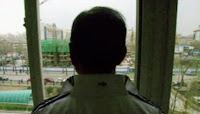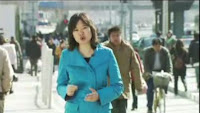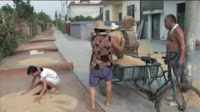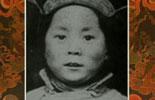The Great Wall of China (2007)
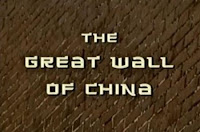 It was the most ambitious building project ever attempted in the history of mankind. And its story has been almost impossible to tell - until now. Based on astonishing new archaeological finds and extraordinary first-person accounts, Great Wall of China tells the story of one of the greatest wonders the world has ever known.
It was the most ambitious building project ever attempted in the history of mankind. And its story has been almost impossible to tell - until now. Based on astonishing new archaeological finds and extraordinary first-person accounts, Great Wall of China tells the story of one of the greatest wonders the world has ever known.
It's more than 3,000 miles in length and was built in just 20 years by a workforce of nearly two million using technology and construction techniques that continue to inspire awe even today. The story of its building, one of human drama, labour and loss, is told in this film through three individuals, each one central to the tale. Thirteen-year-old Emperor Muzong, whose Kingdom is pushed to the brink of destruction by invading Mongolian warriors, demands that a wall be built that can never be breached again. General Qi Jiguang, a military hero and engineering genius, is tasked with overseeing the largest workforce ever assembled on earth. And Zhou Li, an ordinary soldier, is forced to work in conditions of unimaginable hardship but ultimately finds sanctuary and peace in the shadow of this great wall.
Download:
- http://rapidshare.com/files/92620547/The.Great.Wall.of.China.part1.rar
- http://rapidshare.com/files/92620625/The.Great.Wall.of.China.part2.rar
- http://rapidshare.com/files/92622853/The.Great.Wall.of.China.part3.rar
- http://rapidshare.com/files/92620620/The.Great.Wall.of.China.part4.rar
- http://rapidshare.com/files/92620589/The.Great.Wall.of.China.part5.rar
- http://rapidshare.com/files/92620588/The.Great.Wall.of.China.part6.rar
- http://rapidshare.com/files/92620644/The.Great.Wall.of.China.part7.rar

